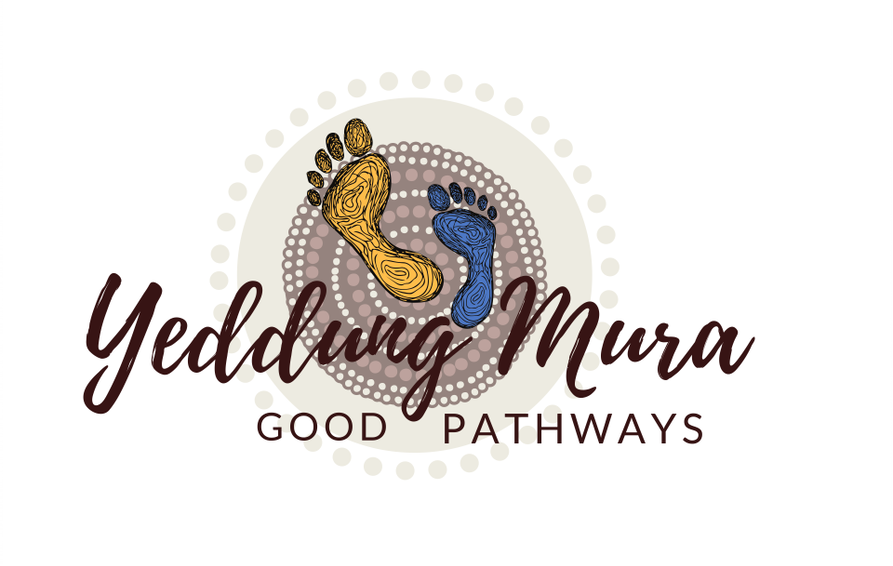How We Work
Nearly 100 adults are released from ACT prisons each year. Unless something changes, more than half will not be successful in re-entering their communities and will return to prison. The Australian Institute of Criminology report ‘Reintegration of Indigenous prisoners’ identifies successful reintegration of ex-offenders in the community is required to reduce criminal offending and the return of prisoners to jail. The report also cites research indicating the risk of reoffending is reduced when offenders actively participate in the process of community return, rather than passively receiving services.
Yeddung Mura was initially started to address a number of gaps identified by Aboriginal elders in the community. It is a grassroots organisation that works directly in the community to meet the needs of Aboriginal people. Yeddung Mura programs are an attempt to reduce recidivism and to help people avoid re-offending by promoting a smooth transition back into the community. A significant gap has been identified within the release and parole arrangements for Aboriginal prisoners who do not have strong connections to the community. Prisoners and their families are characterised by complex needs and high levels of social exclusion. A strong connection to the community is critical to supporting the successful reintegration of offenders after release from prison, thereby seeking to reduce re-offending. The high and growing social and financial cost of imprisonment makes it imperative to put in place a coordinated support system to reduce re-offending and return to prison.
Where a prisoner is without strong connections, they are prone to stress and reinforcing feelings of hopelessness and worthlessness.
Yeddung Mura was founded with a $1000 gift from a local church to meet a significant gap in the community with the reintegration of detainees released from the prisons. Over the past few years, the organization has grown from a part-time volunteer staff to over 10 employees.
Yeddung Mura is registered as an Aboriginal Corporation with the office of the Registrar of Indigenous Corporations (ORIC). The corporation is also registered as a charity (public benevolent institution) with the ACNC. Yeddung Mura is also endorsed as a Deductible Gift Recipient (DGR).
Our Strategy
Yeddung Mura’s service delivery model is based on The Rat Park Theory developed by Canadian psychologist Bruce K. Alexander in the 1970s. The Rat Part theory suggests that drug addiction is not solely a result of chemical dependency but also due to various social and environmental factors. Yeddung Mura programs are designed to create a positive and supportive environment for individuals struggling with complex issues. Yeddung Mura offers programs to assist individuals with their pain by providing Positive social and environmental conditions. Offer alternative activities: Encourage individuals to engage in alternative activities, such as sports, music, art, or any other hobby that provides enjoyment and distraction from drugs. Provide education and job opportunities. Address the underlying mental health issues: Promote harm reduction strategies by forming support groups, encouraging social activities, and promoting healthy relationships with friends and family.

Our Elders
We thank and honor our Elders Aunty Coral King, Aunty Kim Peters, and Aunty Theresa Monaghan for all the passionate contributions they have made to this community.
We also thank all the Nannies who meet at Yeddung Mura on a weekly basis to share stories while providing peer support to each other. Nannies also meet with members of the government including ACT ministers on a regular basis to provide advice on various issues affecting the Aboriginal people in the ACT. The members of the nannies group attend relevant community forums to find out what perspective the wider community has on issues being discussed at the gatherings.
We are grateful for Nannies’ continuous encouragement, wise counsel, and expert advice to the Yeddung Mura community.
Join Our Team
Contact Us
56 Coyne Street, Fadden ACT 2904
1800 TO GOOD
[email protected]
